Credit Cards with a Sign Up Bonus
When you choose a credit card with a sign up bonus, you will receive a chunk of points either on sign up, or after meeting a minimum spend. While there used to be a lot more cards that provided bonus points simply for signing up – hence the name ‘sign up bonus’ – most cards now require cardholders to spend a certain amount on the card within a certain period of time to be eligible for the points.
In some cases, cardholders may have to spend a certain amount each month over a specified number of months.
Example: Within the first three months from card approval, Ash must spend $1,000 on her card to receive 20,000 bonus points each month. If she spends $1,000 each month for three months, she will receive 60,000 bonus points in total. If she only spends $1,000 each month for two months, her bonus points total will be 40,000.
In other cases, cardholders simply have an overall spend to reach within the entire introductory period.
Example: Greg must spend $5,000 on his card within the first three months from card approval to receive 80,000 bonus points.
While each card varies, bonus points are usually awarded within 4-6 weeks of meeting the minimum spend. You should be able to find details of the expected timeframe for receiving points in the small print. It’s a good idea to check this, especially if you plan to use your bonus points to book travel and time is tight.
For the most part, your bonus points will be credited to your account directly. Again, check the small print for details on this. If you’re not yet a member of the rewards program your card is affiliated with, you may need to join. Whether you’re a member or not though, you’ll likely have to provide your member details to your card provider to link your account and receive your points.
From there, your bonus points are yours to use as you like. While travel typically provides the highest return in terms of value, you can choose how and when you want to redeem your points. Bear in mind, points may expire after a certain period of time, depending on the card and the rewards program in question.
Your Sign Up Bonus Guide
Want to find the best sign up bonus offer? Want to make that offer work for you? Here’s how you can do exactly that.
Choosing An Offer
The bigger the better, right? Not exactly, no. While it may seem like the best thing you can do is choose the card with the biggest bonus offer, that offer may not work for you.
In order to choose the right offer, you will need to look at how much you have to spend within the introductory period in order to be eligible for the bonus points. Think about whether you can afford that spend, and whether you will be able to pay it off before it starts accruing interest.
Now look at the card itself. Bigger bonus points offers typically come with a bigger annual fee. Consider whether you can afford the annual fee, and whether it’s worth paying for what you receive in bonus points, everyday points earning, and features.
Lastly, look at the value of the bonus points on offer. Consider the rewards program you will be earning on, what kind of rewards are on offer, and what value you will get when you redeem your points.
Making It Count
As you read the small print on each offer, you will notice that most are only offered to new cardholders. If you are a current or previous cardholder, you may not be eligible. In some cases, previous cardholders may become eligible after a certain period has passed since the account was closed, for example 18 months.
While it’s always good to understand eligibility requirements such as this before you apply, it should also encourage you to get the best deal possible. If you know you can only benefit from bonus points once from each provider, you should endeavour to get the very best deal you can.
Choosing A Card
While some cardholders only apply for a card to get hold of its sign up bonus, most will keep the card longer term. If you want to keep your card long term, you will need to look beyond its offer to find out how well it will match your needs day-to-day.
That means looking at the card’s earn rate, taking into consideration your estimated spend and what that equates to in points value. Also think about factors such as whether there is a points cap placed on your earn, what features are on offer and what kind of value they offer you.
Also consider whether you will likely clear your balance each month. In general, rewards cards don’t work well for those who don’t pay off their balance month-to-month, because of the interest that habit results in.
Reading The Small Print
Rewards cards typically come with a lot more small print than other, more basic cards. And when you add features and introductory offers into the mix, there is even more small print to deal with. Take time to check the small print for details surrounding eligibility for the card and the offer, looking closely at how the offer works.
Meeting The Offer’s Requirements
Once you understand what you need to do to get your hands on that sign up bonus, it’s time to put that card to work. As these offers usually involve spending a certain amount within a certain period of time, think about how you can reach that spend.
If you have a large purchase coming up, try to plan that purchase within the card’s introductory period. Or, you could simply work on channelling more spending through your credit card day-to-day, using your card where you may otherwise have used cash or debit.
Paying It Off
When you choose a card with a sign up bonus, you do so because you want the extra value provided by those bonus points. What you don’t want to do is reduce the value of those points by paying interest on your card.
Even though you have to reach a certain spend to be eligible for the offer doesn’t mean you should spend more than you can afford to pay back. If you create debt that you can’t clear simply to get bonus points, those points will soon lose their value as you pay out more and more interest on your carried-over balance.
Instead, only use your card for purchases you know you can afford to pay back at the end of the month. Choosing an offer that allows you to do this while still providing you a good chunk of bonus points is the key to making this type of offer work for you.
Maximising Value
With your bonus points in hand, the world is your oyster. As long as your rewards program allows for it, you can do whatever you like, whether that means redeeming your points on little things here and there, or blowing them on one big reward.
What is worth remembering though, is that not all rewards are equal in terms of value. You will usually find you get more value from your points when you redeem them against travel, such as flights and upgrades, rather than on other options such as gift cards and merchandise.
Do your homework before deciding what to spend your points on, and work out how you can get the most out of your bonus points and any other points you earn day-to-day.
What cards offer a sign up bonus?
You can find cards with sign up bonuses from banks big and small. However, you will usually find bigger banks offer bigger bonuses, simply because they have a more extensive selection of cards, and tend to have more money behind them.
Within the range of sign up bonus credit cards on offer, you will generally find higher end cards offer more bonus points. That’s because higher end cards have higher annual fees, so card providers know they need bigger points bonuses to entice cardholders to sign up.
Where can you find the best sign up bonus offers?
On CreditCard.com.au, we do our best to provide a wide selection of credit cards to allow for simple, side-by-side comparison. If you’re looking for sign up bonus offers, check out this page to compare your options using our comparison tool, and use the guide to find the best offer for you.
How long does it take for you to receive sign up bonus points?
How long it takes for bonus points to be credited to your account will depend on a few important factors. First up, the process of crediting you with your bonus points will only begin once you have reached the minimum spend requirement.
If you reach the required spend within the first week of having the card, you’ll get your hands on your bonus points much faster than if you were to wait until the last week of the offer. With that being said, you should only spend what you can afford to pay back within the month. Don’t spend more than you can afford just to get your points faster.
Once you’ve reached the required spend, how soon you are credited with your bonus points will depend on your card provider. Some providers advise a wait of 3-4 weeks, while others say 8-10 weeks. This info should be in your card’s terms and conditions, so take time to check it out.
Do cash advances count towards spending requirements for the sign up bonus?
No, only transactions classed as purchases will count towards your required spend. Transactions that are classed as ‘cash equivalents’, such as cash advances and balance transfers, along with credit card account fees, interest and gambling transactions will not count towards your qualifying spending.


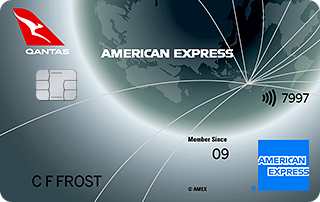





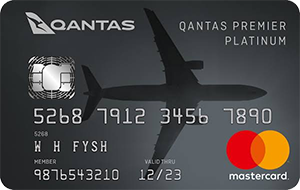
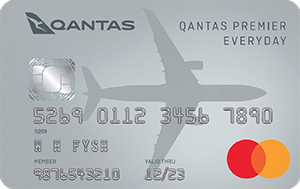
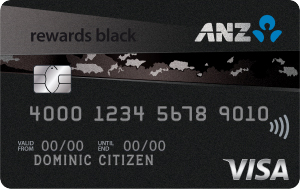
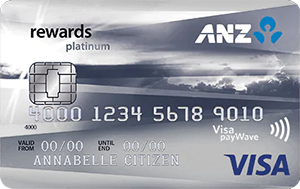
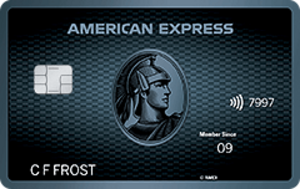
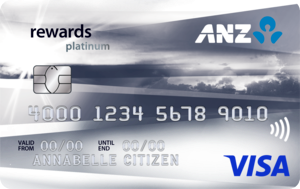
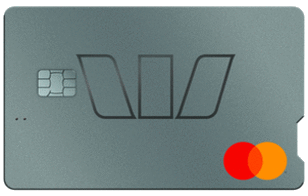
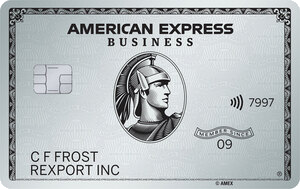
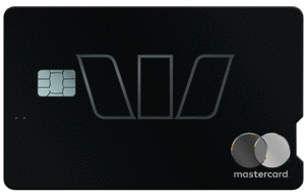
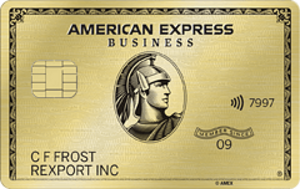
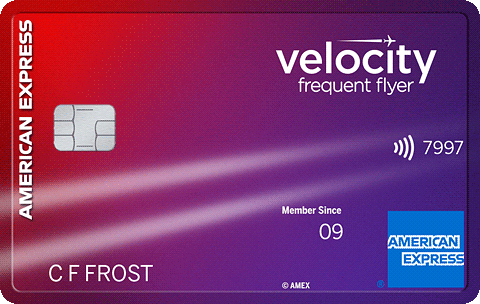
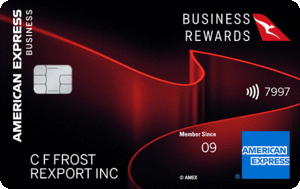
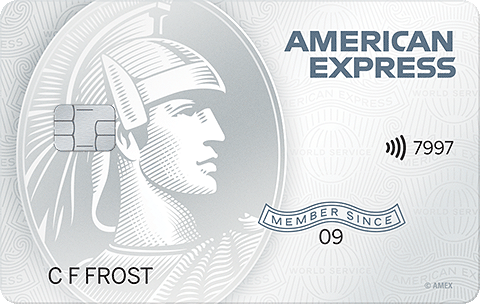
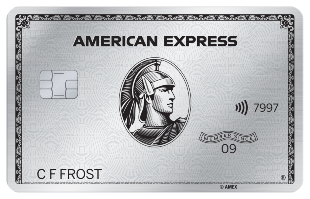








Keith Burton
13 September 2021Roland
13 September 2021